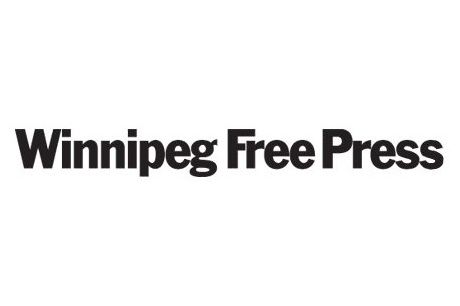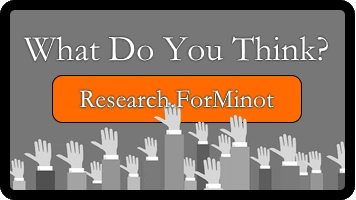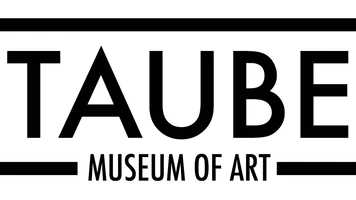By July 1, 2018, marijuana will be legal North of the border. The interesting part, it’s the federal government in Canada that is setting the deadline. And if the provinces don’t put a framework in place for legalization, citizens seeking the product will be able to mail order it directly from the federal government.
It’s newsworthy because of the extraordinary differences in the U.S. and Canadian federal governments approach to the issue. In the U.S., it’s the states that are seeking the right to sell, use, and tax marijuana with the federal government dragging its feet. In Canada, it’s the exact opposite. One hint toward the reasoning behind the Canadian governments reasoning is captured in the following quote from the Winnipeg Free Press coverage of the issue:
Pot taxation is expected to stay low to ensure the regulated market squeezes out the illegal activity. But lawmakers have yet to offer details on how tax revenues could be shared between provinces and the federal government.
Commentary: The Canadian government’s acknowledgment of the black-market realities that surround the marijuana legalization issue is refreshing. Let’s not kid ourselves, making the drug illegal in the U.S. has not stopped consumption. And now with a growing list of anecdotal and research-driven evidence that point to the drug’s medicinal value, we’ve reached a point where rational conversations about legalization and implementation and the federal level are completely appropriate.



